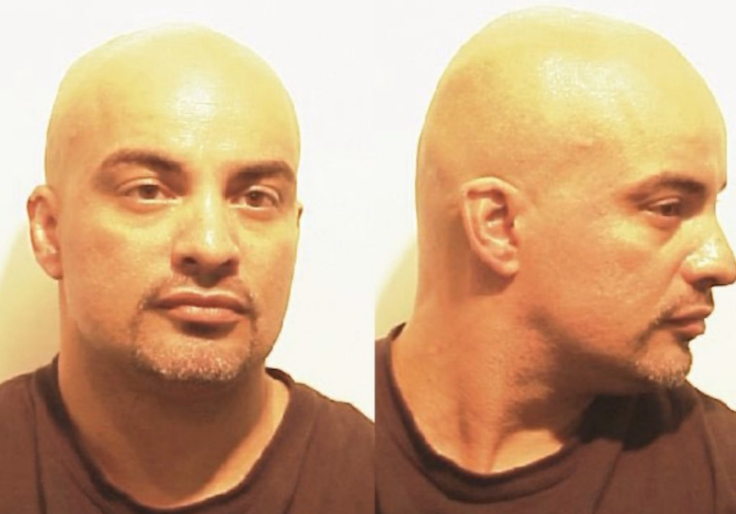A former gang leader released from prison after the passage of President Donald Trump's prison reform bill now is being sought in a murder investigation.
Joel Francisco was serving a life sentence for trafficking crack cocaine but was released from prison in February after the passage of the First Step Act, which reduced life sentences for many non-violent drug offenders.
Police have now issued a warrant for his arrest in connection to the death of 46-year-old Troy Pine, who was stabbed to death inside a hookah lounge on Oct. 2, according to Providence Journal.
According to Thomas Verdi, the deputy chief of the Providence Police Department, Francisco was the crown prince of the Almighty Latin Kings. At the time of Francisco’s release, Verdi said the gang leader had a "propensity of violence," but he held out "hope that [Francisco had] been rehabilitated."
"However, I have serious doubts, having known him the way I did all those years," Verdi said. "Some criminals deserve to spend their lives incarcerated. Joel is one."
This is the second crime Francisco has been investigated for since leaving prison. Police previously investigated him on a breaking and entering allegation. Both incidents occurred while he was "on supervised release from federal prison," according to the Journal.
Francisco was convicted in 2005 for possession with intent to distribute crack cocaine and powder cocaine. Based on two previous felony drug convictions, he was sentenced to life in prison, the sort of harsh sentence put in place to combat the crack epidemic. Under the First Step Act, signed into law by Trump in December of 2018, his sentence was cut short.
The law was hailed by criminal-justice-reform advocates across the political spectrum.
The 2010 Fair Sentencing Act, signed by President Barack Obama, had reduced disparities between sentencing for dealing crack cocaine and powder cocaine, and eased mandatory minimums. Under the First Step Act, the 2010 law was made retroactive, so people convicted before the law went into effect could ask judges to have their sentences cut short.
